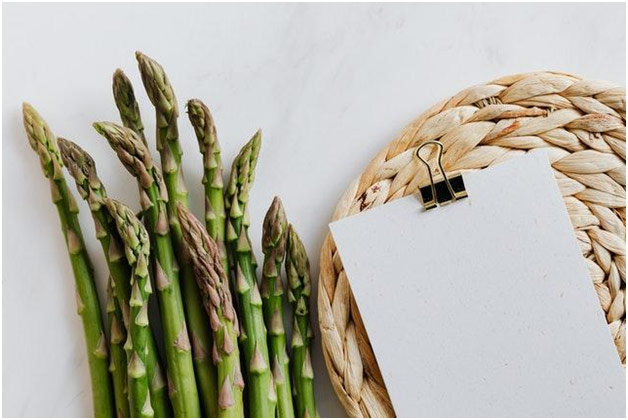
It would be an understatement to say that 2020 – the year of the Covid-19 global pandemic has been a difficult time for small business. And It has been an especially difficult year for small businesses in the green space.
Preservation and waste reduction efforts took a step back during quarantine. The lack of information early in the pandemic resulted in organizations and consumers reverting back to their wasteful (single-use) ways. While there is now sufficient information available on how the virus spreads, there remains a large portion of the population who will need to be re-converted back to sustainable consumer practices.
Mentorship
If you have read up to this point, chances are you are a small business owner and you already know that that running one is a herculean effort. Especially during “Covid Times” when we need to adapt changes to daily operations, systems and protocol to keep the business running smoothly and safely.
In addition, the green space isn’t like other industries. Some of it is regulated and almost all of it requires customer education. This is why you need a mentor.
Many new business owners have created these new systems and operational changes when they may not have needed to. A mentor may be all you need to guide you through these unprecedented times. There are resources to find a trusted, seasoned industry veteran to tell you what areas of your business to shift and what wheels you don’t need to reinvent.
A mentor is not a business coach or consultant. Those are professional services that you pay for. A mentor is someone that has been in a similar industry long enough that they have valuable knowledge that they will pass down to you.
To find a mentor go to respected sources that require business vetting, like the Global Green Business Directory. Or if you are a women-owned business, the WBENC Directory is an excellent place to start as well. Once you find someone, reach out to them in a meaningful way. Tell them why you chose them and ask them if they would be willing to give you a short 15-minute phone call. If goes well, ask them if they would be interested in mentoring you under established boundaries.
Do not choose someone because you think they can give your business a leg-up with a contact or vendor you have been wanting to connect with. That is not what a mentor does. You are reaching out because you admire their leadership and solutions and want to learn from them. You may be thinking this is an awkward request, and to a degree it is. But rest assured that most successful businesspeople are open to mentorship. It’s a testament to their success.
And lastly, show gratitude. Send a thank-you note or free product. Whatever you feel appropriate. They are giving you their most precious resource: time.
Money
Now more than ever, we need to grow our revenue stream, not our waste stream.
There are two types of sustainable small businesses: Business A- Companies whose product/service is to reduce our carbon footprint Business B- Companies that have made sustainable changes to their existing business The people who run these companies are vastly different individuals. The small business owner that manufactures reusable bags is different than the coffee shop that uses paper straws. Their reasons for being sustainable are totally different. Regardless, they are in the same space now and they can help each other monetarily.
For example, Dry Cleaners that switch from single-use plastic to a Green Garmento (a reusable bag specifically designed to eliminate single-use drycleaning plastic) over time, will reduce their variable costs. Instead of spending anywhere from $.10-$.50 for each plastic bag, they can invest in the semi-fixed cost of The Green Garmento bags and save a minimum of $10K over 4 years by only replacing 15% of their business to reusable bags. That is an additional $208 a month in revenue and also makes your financials more attractive to investors and banks. This is just one example of an infinite amount of mutually beneficial partnerships.
If you are a Business A, reach out to Business B and tell them how you can save them money. And if you are a Business B, reach out to a Business A that aligns with your operations and ask them how they can save you money.
Movement
Create it, join it, spread it.
As a sustainable small-business owner you are already doing more than most in regard to climate change. For that I say thank you. And now I need to ask you to do more. I know. It’s not fair. But we don’t have the luxury of time. A decade is all that remains to stop irreversible damage from climate change. And as a sustainable business, you have access to an audience whose values align with your core mission- to save the planet. You have a voice- be it social media or in person to be a source of information for people who want to help and take action.
We can no longer afford to work in silos when it comes to real change. We MUST work together as a community and connect our respective audiences to grow a larger, more formidable voice of business owners and consumers so that we can demand real change.
We need to like/follow/share each other on social media. We need to tag each other in posts. If you are aware of a local referendum that supports sustainable action (plastic bag bans, anti-fracking, etc..) that needs support- then share it on social media so that our community can assemble like the Avengers and get the word out to as many people as possible.
Post your social accounts in the comments. Follow every account you see as well. Check back and follow more. Tag sustainable groups from Facebook and LinkedIn that we can join. Use the hashtag #GlobalGreenCommunity so that we can search it on any social platform and find each other and get support. Let’s stick together.
Written By: Guest Blogger, Anni Lundy CMO & Founder of Dialed-in Marketing, and Environmentalist LinkedIn: Anni-Lundy

3 Reasons Small Environmentally Sustainable Businesses Need to Stick Together




